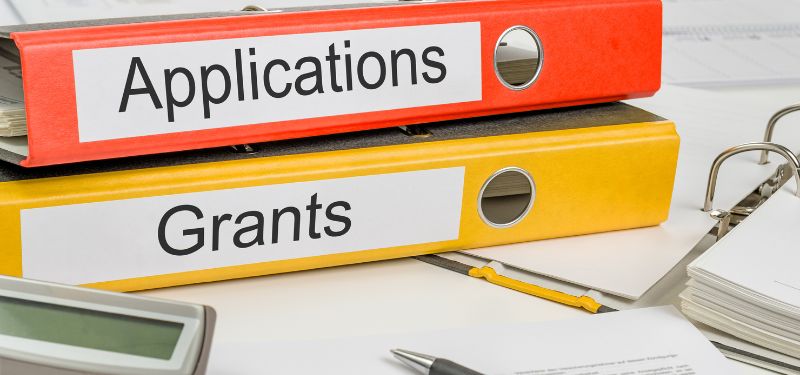HOUSING ADAPTATION GRANTS 2025

The Housing Adaptation Grants for Older People and People with a Disability play a critical role in empowering individuals to live safely and independently at home. The 2025 updates introduce transformative changes designed to enhance accessibility, affordability, and efficiency. Here’s everything you need to know about what’s new.
1. Increased Grant Limits
One of the most significant changes for 2025 is the increase in grant limits, reflecting rising costs in construction and materials:
• Housing Adaptation Grant for People with a Disability: Maximum grant increased to €40,000 for homes built more than 12 months ago.
• Housing Aid for Older People: Maximum grant raised to €10,700 for essential repairs like roofing, wiring, or heating upgrades.
• Mobility Aids Grant: Now provides up to €8,000, fully funded for eligible applicants, covering essential adaptations like stairlifts and ramps.
2. 100% Grant Coverage for Low-Income Applicants
For households in the lowest income bracket (earning up to €37,500 annually), the grants will now cover 100% of eligible costs, up from 95%. This change ensures the most vulnerable applicants can afford vital adaptations without any financial burden.
3. Revised Income Thresholds
The income bands for grant eligibility have been expanded to allow more households to qualify. Here’s the new breakdown:
• Up to €37,500: 100% of costs covered.
• €37,501 – €43,750: 85% of costs covered.
• €43,751 – €50,000: 75% of costs covered.
• €50,001 – €62,500: 50% of costs covered.
• €62,501 – €75,000: 30% of costs covered.
• Over €75,000: No grant payable.
4. Easier Application Process
To streamline the experience for applicants, the grants will move toward an online application system, allowing users to submit and track their applications digitally. The process will also be standardized across all local authorities to eliminate inconsistencies.
5. Support for New Builds
Applicants building new homes can continue to apply for Housing Adaptation Grants. Applications can now be submitted once planning permission is approved, making it easier to incorporate adaptations into new constructions.
6. Flexibility in Means Testing
The means test has been updated to account for a broader range of deductions, including:
• Caregiving expenses.
• Mortgage or rent payments.
• Expenses for children or dependents in the household.
• Nursing home fees or in-home care costs.
These changes ensure the means test reflects real household financial burdens more accurately.
7. Increased Exchequer Contribution
To ease financial pressures on local authorities, the Exchequer contribution will rise from 80% to 85%, reducing the local authority contribution to 15%. This ensures better funding availability for grant applicants.
8. VAT Hardship Relief
To address affordability challenges, measures will be introduced to eliminate the need for applicants to pay VAT upfront and claim it back later. This change reduces financial strain during the adaptation process.
9. Staged Payment Options
A new option for staged payments will be introduced, allowing applicants to receive funding incrementally as works progress. This reduces the need for bridging loans or upfront payments for extensive adaptations.
10. Support for Assistive Technology
Grant guidelines will now include assistive technologies to reflect modern adaptation needs, covering advanced tools that improve accessibility and independence at home.
Looking Ahead
The 2025 updates to Housing Adaptation Grants mark a significant step forward in supporting Ireland’s aging population and individuals with disabilities. These changes ensure that more people can access the resources they need to live independently and safely in their homes, while making the process more affordable and user-friendly.
With these updates, 2025 is set to be a pivotal year for creating accessible and inclusive housing solutions across Ireland!





Recent Comments